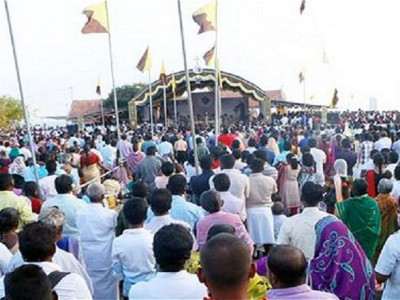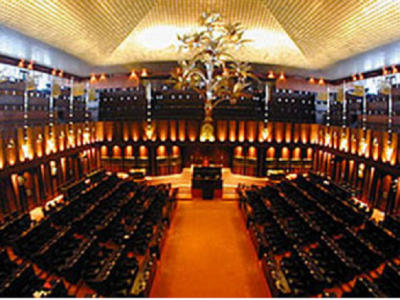(COLOMBO, LANKAPUVATH) –The Public Utilities Commission is expected to meet today (May 9) to resolve the dispute over Sri Lanka’s long-term electricity generation plan.
A Public Utility Commission spokesperson confirmed that the PUCSL, Ceylon Electricity Board and Power and Renewable Energy Ministry representatives would meet to discuss the country’s energy future.
The PUCSL and the CEB have been at loggerheads lately over Sri Lanka’s generation mix with the PUCSL advocating for more electricity from renewables and liquefied natural gas.
The PUCSL in 2017 granted conditional approval to the Least Cost Long Term Generation Plan put forward by the Ceylon Electricity Board. PUSCL held a meeting with the President on April 25th where the President reiterated that he was not opposed to the inclusion of more coal power plants. In an advisory sent out by President’s Secretary Austin Fernando following the meeting, the PUCSL was asked to include multiple coal power plants.
“It has been over two weeks since PUCSL had received the letter,” CEB Engineers’ Union President Athula Wanniarachchi told the Daily News.
He said the country was in dire straits due to the non-implementation of any power plants. “The PUCSL has had enough time to act on the issue but they resort to having meetings, even after a directive was given by the President himself.”
The CEB engineers union initiated a work-to-rule campaign as of yesterday demanding that PUCSL Director General Damitha Kumarasinghe be removed from his position. The Unions alleged that the DG and PUCSL staffers had tampered with the Long Term Least Cost Generation Plan put forward by the CEB. In a letter addressed to the Minister and other officials, the CEB engineers alleged that Kumarasinghe had distorted the plan put forward by the CEB by replacing all base load thermal plants with LNG.
The unions declaring their non-cooperation with PUCSL said they would no longer engage in any conversation with the DG and would not take part in any meetings hosted by Kumarasinghe. “We have no option but to resort to trade union action to safeguard the sector and our members,” the unions said.
The Asian Development Bank this weekend said Sri Lanka should keep its options open in terms of future energy options, but advised against coal, citing the country’s commitments under the Paris Climate Accord.




